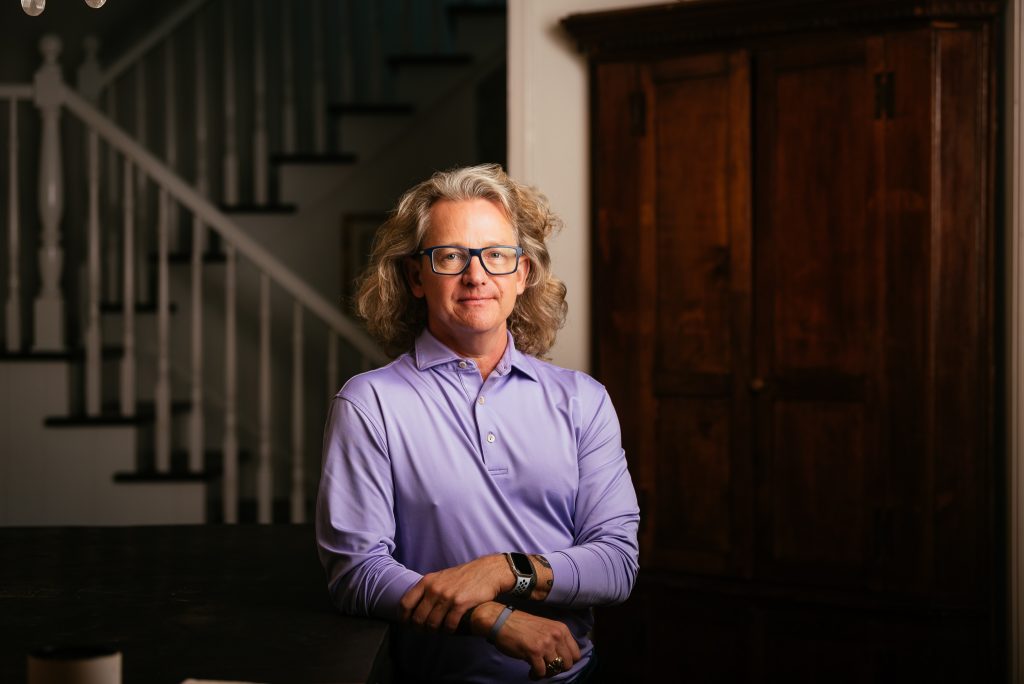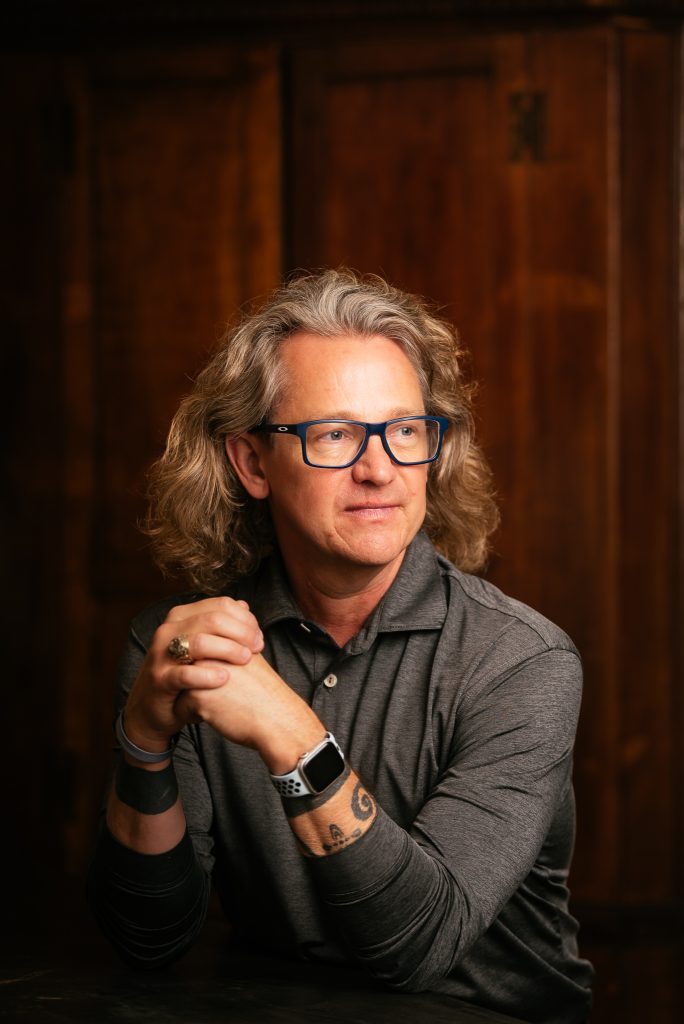How to Redesign Your SaaS Product for Better User Retention
User retention is the foundation of SaaS success. If you’re having trouble keeping existing users, it may be time to consider a strategic product...
4 min read
Written by Dan Gower, Aug 18, 2023

This post is part of The Founder Factor, where we bring you behind the scenes with South Carolina’s most impactful entrepreneurs so that you can discover the strategies, ideas, and mindsets you need to unlock your next business breakthrough.

As a founder and CEO of several successful startups, Shaler Houser could tie his entrepreneurial roots back to his college years at The Citadel in Charleston, South Carolina. Selling t-shirts with his best friend and planning an epic senior class pool party that gained $20,000 in profit led Houser to a lifelong career in entrepreneurship. “I took a laundry bag full of cash back to school after that party,” he laughs as he recalls those early days. “These events made me want to go into business and make money because I thought that was what success looked like at 21.”
After graduating and entering a basic sales role for a telecommunications company in Greenville, Houser spent the next few years of his young adult life figuring out his skills and what he was passionate about. “I realized I could tell a story and get people fired up,” he states. “The partners I talked with were writing me million-dollar checks because I could get them invested in my ideas.” This discovery led him to form his first company, where he transitioned from employee to co-founder. Like many young 26-year-olds, Houser was full of naivety, confidence, and some arrogance, he admits.
While Houser has the experience of being an entrepreneur, he also shares the harder parts of entrepreneurship, discussing his quiet battle with alcoholism throughout the years. “I knew I had addictive tendencies in college,” he states. “But I was adamant that I was not going to let those things derail me and that I was going to focus on work. I did that for about eight years before it started rearing its ugly head.”

When he could no longer hide it, Houser got sober in 2010, drastically changing his life. “The dots finally connected that this never-ending chase for money, status, success, etc., was just a mirage,” he explains. “As I got sober, I felt this need to simplify my life. I found that the things I really cared about didn’t have anything to do with my income but about being the best version of myself.”
After selling his first company in 2008, founding his new company, Green Cloud, in 2011, to then being fired as CEO after an 18-month relapse, Houser has overcome many overwhelming obstacles that have changed his idea of success. “Looking back on it all, what I overcame is one of the things I am most proud of in my career,” he states. “Now success for me looks like peace, calm, joy, contentment, and being the very best version of myself—everything else is just noise.” Ultimately, these experiences made Houser realize that he wanted or maybe even more so needed to help people in similar circumstances to him. This led him to the creation of Youturn, a company that has helped thousands of people across the country struggling with addiction. “Youturn was not about making money. It was about building something meaningful,” he explains.
His varied array of startups has not been without its challenges. In fact, he describes that at one point or another, every project he has ever worked on has landed near death’s doorstep. How was he able to keep them from going out of business? “Each project had a significant pivot moment,” he explains. “We pivoted fast, and we pivoted all in. I am convinced that if a company does not pivot when it becomes apparent, they are dead.” The risk of entrepreneurship is no joke to Houser, who understands the sacrifice of investing in a company completely, not only to the founders but to anyone else that gets hired. “You need to know full well that it may not work, and you need to be transparent with those you are bringing on,” Houser states.

The reality of many startups is that some people you bring on will make it, but some won’t. While this can sound harsh in the world of business, Houser has found letting someone go who can’t keep up is maybe one of the kindest things you can do for a person. “If someone is struggling with a necessary change in the company and they are having a hard time getting behind it, I am doing them a disservice by trying to force them into that role,” he says.
And when it comes to assessing a new business opportunity, Houser has one red flag that he will never put up with. “If I don’t see humility, transparency, or coachability, then I don’t want anything to do with them no matter the business,” he explains matter of factly. “I will not tolerate arrogance. They can do what they want, but they aren’t playing in my sandbox.” This lesson has taught Houser to trust his gut, which he now sees as a superpower.
As a leader and CEO, Houser is caring, compassionate, and more determined than ever to continue his mission to help others. When it comes to other entrepreneurs, he understands not only the extreme pressure of the financial risk a founder is undertaking but also the physical, mental, and emotional toll it can take. His advice? “Work hard on yourself before working hard on your company,” he states simply. “Learning to ask for help is the most courageous thing a person can do. There are so many leaders in the Upstate who will help in a heartbeat. Ask for help, and it will be available to you.”

Follow Shaler Houser on Linkedin and stay up to date with Youturn here.
Designli leads clients through the design and development of complex digital products, bringing startups and entrepreneurs from “Vision to Version 1.” Ready to bring an app or web app to life? We’re here to help.
The Founder Factor is brought to you by Designli (South Carolina’s top app development firm) and Word of Web (your partner in website strategy and design). Follow our content here on the Designli blog, or on YouTube, Spotify, or wherever you get your podcasts.
.png?width=768&height=768&name=Untitled%20design%20(1).png)
Subscribe to our newsletter.

User retention is the foundation of SaaS success. If you’re having trouble keeping existing users, it may be time to consider a strategic product...

Triggers are the things we encounter during the course of a day that cause us to take action. These triggers come in range of different forms —...

An award-winning attorney, accomplished academic, and successful entrepreneur—Shontavia Johnson, Associate V.P. of Entrepreneurship & Innovation at...
Post
Share